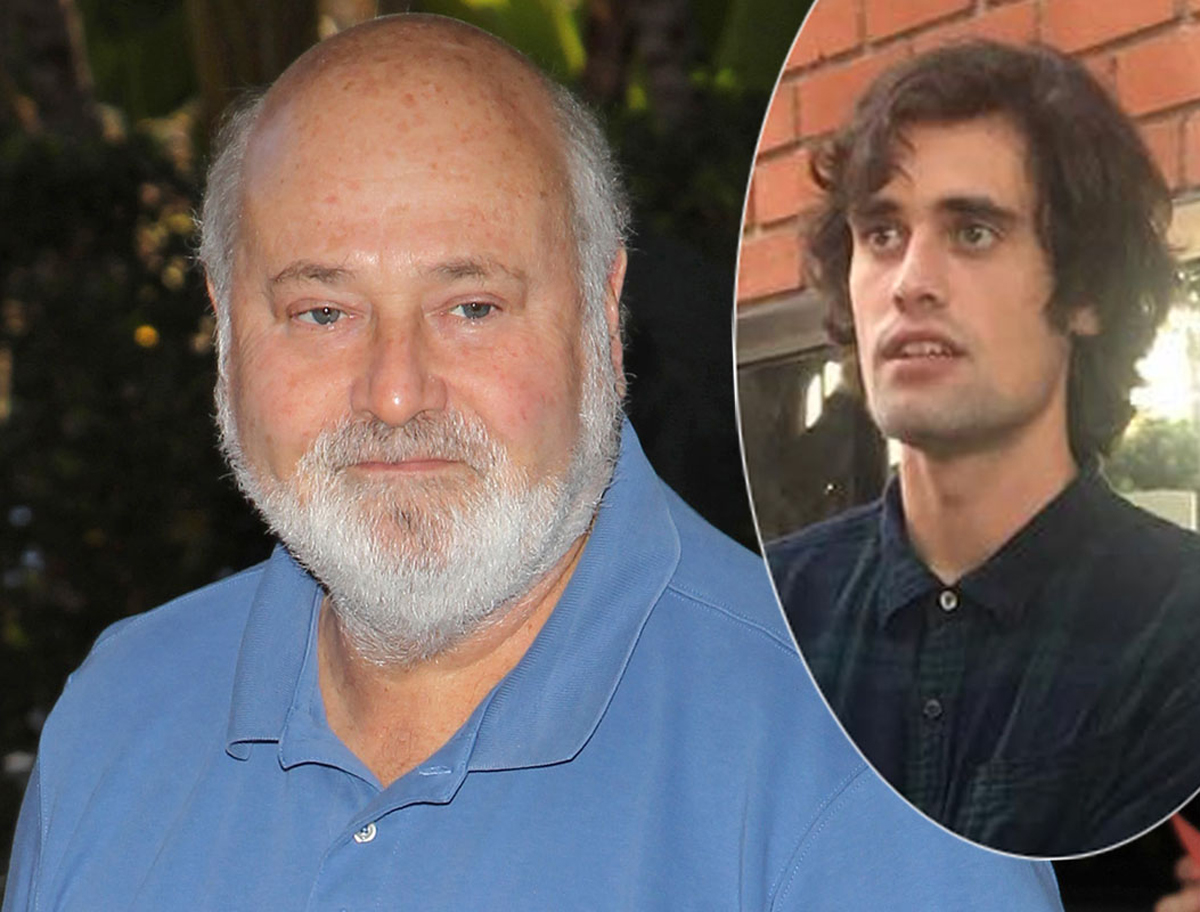Jerry Springer, who went from a somewhat outlandish political career to an almost indescribably outlandish broadcasting career with “The Jerry Springer Show,” which by the mid-1990s was setting a new standard for tawdriness on American television, turning the talk-show format into an arena for shocking confessions, adultery-fueled screaming matches and not infrequent fistfights, died on Thursday in suburban Chicago. He was 79.
Mr. Springer’s death, after a brief illness, was confirmed in a statement by Jene Galvin, a family friend and executive producer of Mr. Springer’s podcast.
Mr. Springer earned a law degree from Northwestern University in 1968 and started on a political career, winning election to the Cincinnati City Council in 1971. But he was soon embroiled in the type of personal scandal that would later fuel his talk show: He resigned in 1974 after he was found to have written a check for prostitution services at a Kentucky massage parlor.
Mr. Springer, though, was nothing if not resilient: He was re-elected to the council in 1975. One of his comeback speeches nodded to the prostitution controversy. “A lot of you don’t know anything about me,” he said, according to The Cincinnati Enquirer, “but I’ll tell you one thing you do know: My credit is good.”
In 1977 he was elected mayor of Cincinnati. In 1982 he ran for governor of Ohio, addressing the prostitution incident forthrightly in a campaign advertisement.
“The next governor is going to have to take some heavy risks and face some hard truths,” he said. “I’m prepared to do that. This commercial should be proof. I’m not afraid, even of the truth, and even if it hurts.”
He finished third in the Democratic primary and made a career change, joining WLWT-TV first as a news commentator and then an anchor, and later as managing editor, winning or sharing multiple Emmy Awards for local coverage over the next decade.
“The Jerry Springer Show,” a daytime talk show syndicated by Multimedia Entertainment, which owned WLWT, began in 1991. Originally it was an issue-oriented program; The Los Angeles Times called it “an oppressively self-important talk hour starring a Cincinnati news anchorman and former mayor.”
By 1993, however, lead-ins like “Worshiping the Lord with snakes — next, Jerry Springer!” were turning up, and the shock value just kept going up. A 1995 episode featured a young man named Raymond whom Mr. Springer was helping to lose his virginity, offering him five young women, hidden by a screen, to choose from. Raymond’s friend Woody accompanied him.
“Woody doesn’t know it — his 18-year-old virgin sister is one of the contestants!” a scroll told viewers.
The talk-show universe had by then become something of a free-for-all, with hosts like Montel Williams and Sally Jessy Raphael also serving up salacious content. Mr. Springer, though, did it better and more outrageously than anyone else. His viewership peaked in 1998 at about eight million.
“Why is it so outrageous that people who aren’t famous talk about their private lives?” he once said. “It’s like, ‘It’s OK if good-looking people talk about who they slept with, but, please, if you are ugly, we don’t want to hear about it?’”
“The Jerry Springer Show” ran for nearly three decades, ending in 2018 after more than 3,000 episodes. No matter what sort of drama had taken place in front of a studio audience, as well as viewers tuning in from home, Mr. Springer ended each segment with a signature sign-off: “Take care of yourself, and each other.”
Gerald Norman Springer was born on Feb. 13, 1944, in London, in an underground station that was being used as a bomb shelter during World War II.
“It’s not as dramatic as it sounds,” he told The Chicago Tribune in 2007. “Because of the bombing, women who were in their ninth month were told to sleep in the subway stations, which were set up as maternity wards.”
His family relocated to the United States when he was 5. In a commencement speech at Northwestern in 2008, Mr. Springer evoked the moment of arrival.
“In silence, all the ship’s passengers gathered on the top deck of this grand ocean liner as we passed by the Statue of Liberty,” he said. “My mom told me in later years (I was 5 at the time) that while we were shivering in the cold, I had asked her: ‘What are we looking at? What does the statue mean?’ In German she replied, ‘Ein tag, alles!’ (One day, everything!).”
Mr. Springer earned a bachelor’s degree in political science at Tulane University in 1965. He worked at WTUL, the campus station, and over the years he would check in from time to time.
“It was my first job in broadcasting,” he said in a message to the station in 2009 to mark its 50th anniversary, “and it’s been downhill ever since.”
After Tulane he went on to Northwestern and law school. In 1967 he took a job as a summer clerk at a law firm in Cincinnati; it was his first exposure to the city that would play an important role in his life. The next year he took time off from his law studies to work on Robert F. Kennedy’s presidential campaign, but he completed his degree after Mr. Kennedy was assassinated.
Mr. Springer returned to his family home in New York without any particular plans. When the Cincinnati firm where he had spent a summer called with an offer for a full-time job, he took it.
“I had to do something to get my life moving again,” he told The Cincinnati Post in 1977.
He quickly became involved in local politics, impressing the city’s Democratic leaders. In 1970 he ran for Congress, losing but drawing 44 percent of the vote, much better than expected. A year later he was on the City Council.
Mr. Springer’s talk show brought him enough fame that he had a side gig as an actor, turning up in episodes of “Married … With Children,” “Roseanne,” “The X-Files” and other shows, generally playing a version of himself.
He was also a contestant on “Dancing With the Stars” and “The Masked Singer,” and for a time was host of “America’s Got Talent.” In 2005 he began “Springer on the Radio,” a serious, left-leaning political show, on Air America; it lasted about two years.
Information on his survivors was not immediately available.
In 2008 some students objected when Mr. Springer was invited to give the commencement address at Northwestern.
“To the students who invited me — thank you,” he said. “I am honored. To the students who object to my presence — well, you’ve got a point. I, too, would’ve chosen someone else.”
“I’ve been lucky enough to enjoy a comfortable measure of success in my various careers,” he added, “but let’s be honest, I’ve been virtually everything you can’t respect: a lawyer, a mayor, a major-market news anchor and a talk-show host. Pray for me. If I get to heaven, we’re all going.”
Remy Tumin contributed reporting.
















